Disclaimer: These daily blogs are based on journal entries during my two and a half week trip broken into seven installments. Over the next week, you will learn more and more. The idea behind doing it this way is so you can go through the process of experiencing a portion of my experiences in the same progression of events that I did. The goal is that by the end of the seventh blog, you will have the context to understand why and how I intend to continue serving these people.
A Vision to Serve this Gypsy Community
It has been over a week since you heard my final observations on my trip to Ukraine last month. While play-by-play observations from the trip are done, there are several things I feel I must address post-trip that hopefully will make much better sense now that you have tasted some of what I experienced by means of the previous six blog-posts. I have delayed posting this because I had been praying that God would present me with a clear vision on how I can serve this Gypsy community further. After the extreme poverty I saw, after critical forms of discrimination, and after seeing the deep spiritual needs of this community, it is a burden for me to go on with normal life without doing anything more.
Upon return, I was struggling in the task of figuring out what I needed to do to continue to serve this village of about 200 families. They have three fundamental needs: spiritual, equality, and development. Their spiritual need ultimately comes down to having a full-time pastor who can teach them the Bible in Ukrainian. While a dozen or so families asked me to become their full-time pastor, I do not feel God calling me to this community in that way.
Their anti-discrimination needs ultimately come down to political activism within the country, something that would take years of living in Ukraine to become culturally integrated to become a political activist of enough prominence within the country to influence lawmakers. This type of activism is unpopular too even among the general populous of Ukraine; I discussed the situation with several friends I made in college who are from Ukraine who I could instantly visualize their disdain for the Gypsy community.
Their poverty issues ultimately come down to a lack of livelihood, which is something I absolutely feel God calling me towards for this community. I graduated from Fresno State in December of 2012, and then in March 2013 felt called to go into ministry, a field very minimally related to my undergraduate studies. But, after starting my first week at seminary, I realized that my emphasized economics studies of micro-economic development would be incredibly beneficial to communities around the world such as this Gypsy community.
The Hope for Orphans organization is in the process of cultivating a self-sustaining farm to give the people in the village a way to work and create a livelihood for themselves and their families. Problems still arise in that many Gypsies find it difficult to leave their homes and children for several hours a day. Why? Safety. Gypsy families must spread out their pregnancies in order to receive government child welfare, since they only receive the welfare for each child under six years old. Due to this paradox, families have an average of eight children each, which as I am sure you can imagine, is crazy enough as it is. Now add the issue that these children have nothing to do throughout the day and therefore run around and play all day. Family after family that I talked to indicated their children’s safety is the number one reason why they are hesitant to work on the self-sustaining farm; their entire day is spent watching their children. Several even have a family ‘farm’ where they raise one or two animals each year to be as large as possible to sell at a market over two-day’s journey away via horseback just to make payments on their home loans.
At this point, I felt directed towards figuring out some kind of childcare service that would allow parents 3-4 hours a day of freedom to work on a self-sustaining farm. How could one do this? We cannot send babysitters out to the village so what can we do to help fill this void? A high-fenced play area. Imagine a playground for the children to play on, with slides, swings, teeter-totters, etc. with a water hookup from the main well, with benches and perhaps a tree or two for sitting in shade, all surrounded by a gate fence high enough for the children to be unable to reach. It is in no way full-proof, but it has the potential to serve as a way for parents to drop off their kids to have fun in a controlled environment with limited supervision, out of harm’s way from the rickety road that causes so many injuries among the children. All of this would be for giving the parents freedom to work the farm to make a better livelihood for their children. Will the parents work the farm the full 3-4 hours each day? Probably not, but it will give them the opportunity to gradually move into that kind of lifestyle. This kind of endeavor would not be as costly as it would be in America because of the dramatically decreased labor costs, since non-profit volunteers would build it, and materials are much cheaper in Ukraine than the United States—around $20,000 for the project.
Childcare, linked to micro-economic development through the self-sustaining farm, would be efficient in helping lift these people out of poverty over time; however, it is not the only step in the equation. One of the things I learned as an economics student is that whether it is micro or macro, no economic development can take place without a basic education system in place. This community needs a school. They need to replace their Gypsy dialect with Ukrainian so that they can function as part of the larger national economy. The only way to do that is to teach these villagers to read, write, and speak in Ukrainian. Many of the adults I talked to showed great interest in having a school not just for their children but also for them! Teaching the villagers the basic functions of education will give them a decent chance at interacting with the Ukrainian macro-economy rather than limited to the village micro-economy.
Strategically, the school should be built connected to the playground, so that the children can be transitioned from school to playground for an extended period of time allowing the parents more time to work on the farm. Will children transition into an education setting easily? No, but it will be gradual. Will parents work on the farm for the entire time their children are in school and at the playground? No, but the opportunity would be present for them to work as long as they deemed essential for the better livelihood of their family, and the opportunity would be present for the children to learn the essentials to functioning properly in the society outside their village. While the construction would take much longer than the playground, due to the non-profit volunteer aspect of the project, the cost is dramatically reduced. A school that could cover the basic educational needs for this community, both children and potential adults, would cost about $75,000 to construct.
So... $95,000 is the task placed before us. This small village of 200 families has the potential to rise up into economic development that could spawn out into nearby Gypsy communities, and we can set them up to achieve financial prosperity within a generation for about $95,000. What we can do through this is give this community an opportunity to learn their national language, both verbally and written. What we can do through this is give this community peace of mind for part of their day knowing their children are safe and out of harm’s way. What we can do through this is give this community the ability to work on the self-sustaining farm, to build a better livelihood for their family. What we can do through this is give this community a chance.
I am not soliciting money with this post. What I am doing in this post is to ask you to pray over this project; that if it is the Lord’s Will, that He provide the funds or the circumstances to make it happen when the time is right. Thank you for coming along this journey with me so far, through prayerful support, through financial support, through blog-reading support, and I hope you will continue with me on this journey to make the lives of the world’s forgotten people a little better, and all the while share with them the Hope and Love of Jesus Christ.
Upon return, I was struggling in the task of figuring out what I needed to do to continue to serve this village of about 200 families. They have three fundamental needs: spiritual, equality, and development. Their spiritual need ultimately comes down to having a full-time pastor who can teach them the Bible in Ukrainian. While a dozen or so families asked me to become their full-time pastor, I do not feel God calling me to this community in that way.
Their anti-discrimination needs ultimately come down to political activism within the country, something that would take years of living in Ukraine to become culturally integrated to become a political activist of enough prominence within the country to influence lawmakers. This type of activism is unpopular too even among the general populous of Ukraine; I discussed the situation with several friends I made in college who are from Ukraine who I could instantly visualize their disdain for the Gypsy community.
Their poverty issues ultimately come down to a lack of livelihood, which is something I absolutely feel God calling me towards for this community. I graduated from Fresno State in December of 2012, and then in March 2013 felt called to go into ministry, a field very minimally related to my undergraduate studies. But, after starting my first week at seminary, I realized that my emphasized economics studies of micro-economic development would be incredibly beneficial to communities around the world such as this Gypsy community.
The Hope for Orphans organization is in the process of cultivating a self-sustaining farm to give the people in the village a way to work and create a livelihood for themselves and their families. Problems still arise in that many Gypsies find it difficult to leave their homes and children for several hours a day. Why? Safety. Gypsy families must spread out their pregnancies in order to receive government child welfare, since they only receive the welfare for each child under six years old. Due to this paradox, families have an average of eight children each, which as I am sure you can imagine, is crazy enough as it is. Now add the issue that these children have nothing to do throughout the day and therefore run around and play all day. Family after family that I talked to indicated their children’s safety is the number one reason why they are hesitant to work on the self-sustaining farm; their entire day is spent watching their children. Several even have a family ‘farm’ where they raise one or two animals each year to be as large as possible to sell at a market over two-day’s journey away via horseback just to make payments on their home loans.
At this point, I felt directed towards figuring out some kind of childcare service that would allow parents 3-4 hours a day of freedom to work on a self-sustaining farm. How could one do this? We cannot send babysitters out to the village so what can we do to help fill this void? A high-fenced play area. Imagine a playground for the children to play on, with slides, swings, teeter-totters, etc. with a water hookup from the main well, with benches and perhaps a tree or two for sitting in shade, all surrounded by a gate fence high enough for the children to be unable to reach. It is in no way full-proof, but it has the potential to serve as a way for parents to drop off their kids to have fun in a controlled environment with limited supervision, out of harm’s way from the rickety road that causes so many injuries among the children. All of this would be for giving the parents freedom to work the farm to make a better livelihood for their children. Will the parents work the farm the full 3-4 hours each day? Probably not, but it will give them the opportunity to gradually move into that kind of lifestyle. This kind of endeavor would not be as costly as it would be in America because of the dramatically decreased labor costs, since non-profit volunteers would build it, and materials are much cheaper in Ukraine than the United States—around $20,000 for the project.
Childcare, linked to micro-economic development through the self-sustaining farm, would be efficient in helping lift these people out of poverty over time; however, it is not the only step in the equation. One of the things I learned as an economics student is that whether it is micro or macro, no economic development can take place without a basic education system in place. This community needs a school. They need to replace their Gypsy dialect with Ukrainian so that they can function as part of the larger national economy. The only way to do that is to teach these villagers to read, write, and speak in Ukrainian. Many of the adults I talked to showed great interest in having a school not just for their children but also for them! Teaching the villagers the basic functions of education will give them a decent chance at interacting with the Ukrainian macro-economy rather than limited to the village micro-economy.
Strategically, the school should be built connected to the playground, so that the children can be transitioned from school to playground for an extended period of time allowing the parents more time to work on the farm. Will children transition into an education setting easily? No, but it will be gradual. Will parents work on the farm for the entire time their children are in school and at the playground? No, but the opportunity would be present for them to work as long as they deemed essential for the better livelihood of their family, and the opportunity would be present for the children to learn the essentials to functioning properly in the society outside their village. While the construction would take much longer than the playground, due to the non-profit volunteer aspect of the project, the cost is dramatically reduced. A school that could cover the basic educational needs for this community, both children and potential adults, would cost about $75,000 to construct.
So... $95,000 is the task placed before us. This small village of 200 families has the potential to rise up into economic development that could spawn out into nearby Gypsy communities, and we can set them up to achieve financial prosperity within a generation for about $95,000. What we can do through this is give this community an opportunity to learn their national language, both verbally and written. What we can do through this is give this community peace of mind for part of their day knowing their children are safe and out of harm’s way. What we can do through this is give this community the ability to work on the self-sustaining farm, to build a better livelihood for their family. What we can do through this is give this community a chance.
I am not soliciting money with this post. What I am doing in this post is to ask you to pray over this project; that if it is the Lord’s Will, that He provide the funds or the circumstances to make it happen when the time is right. Thank you for coming along this journey with me so far, through prayerful support, through financial support, through blog-reading support, and I hope you will continue with me on this journey to make the lives of the world’s forgotten people a little better, and all the while share with them the Hope and Love of Jesus Christ.
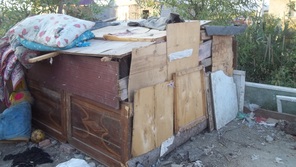
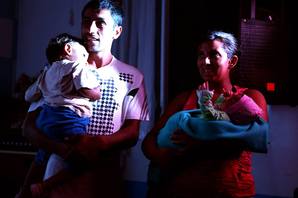
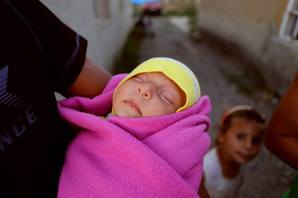
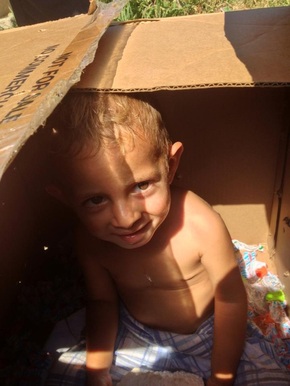
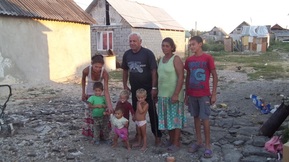
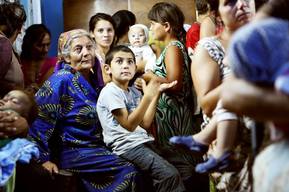
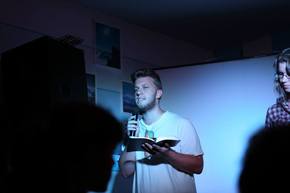
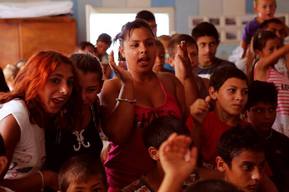
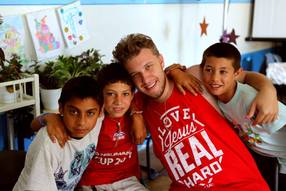
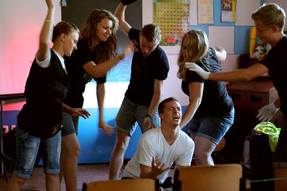
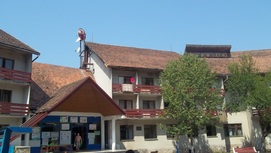
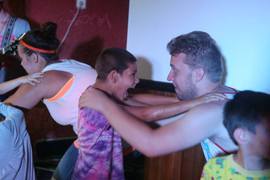
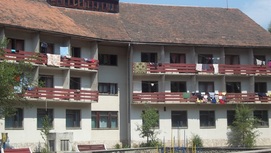
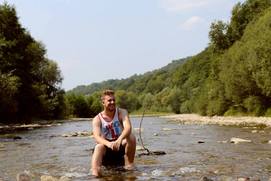
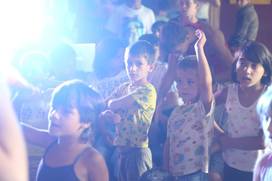
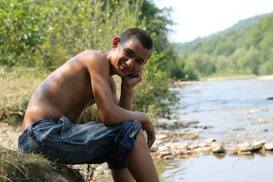
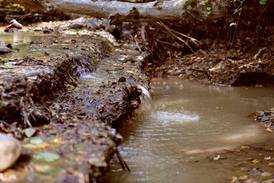
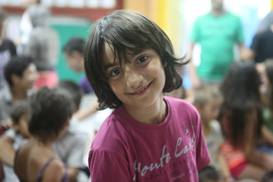
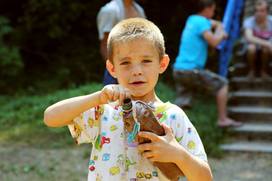


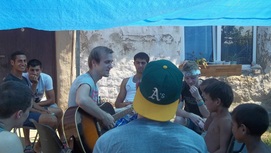
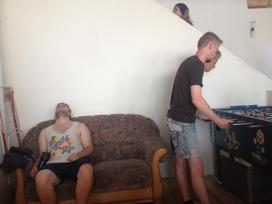
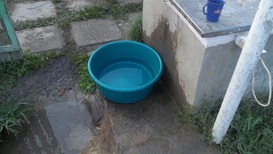

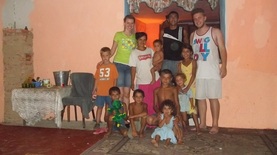
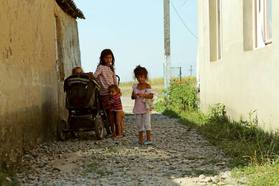
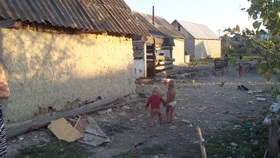

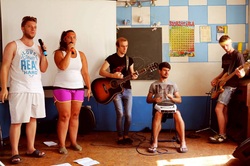
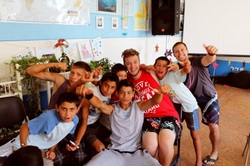
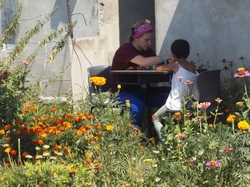
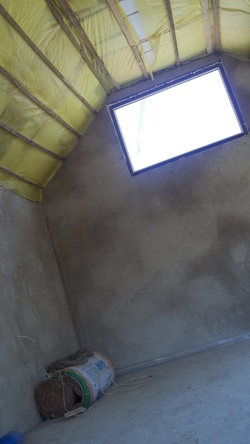

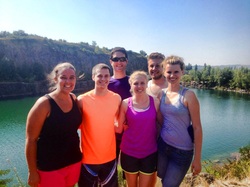


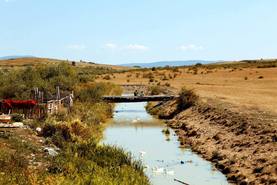
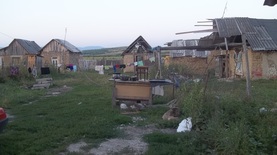
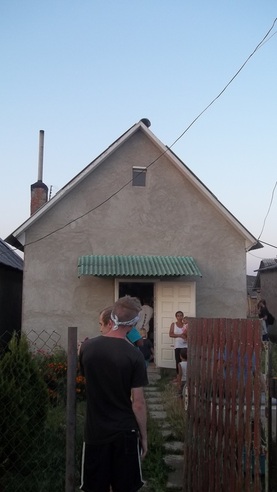
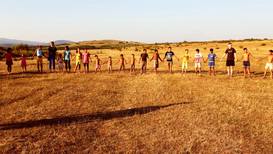
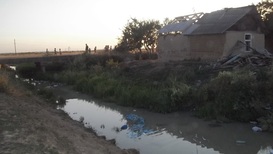
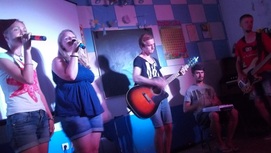
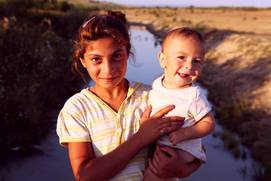



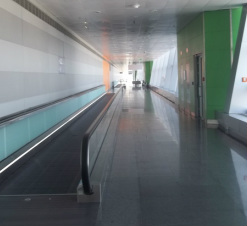


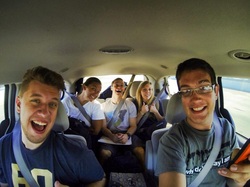

 RSS Feed
RSS Feed
